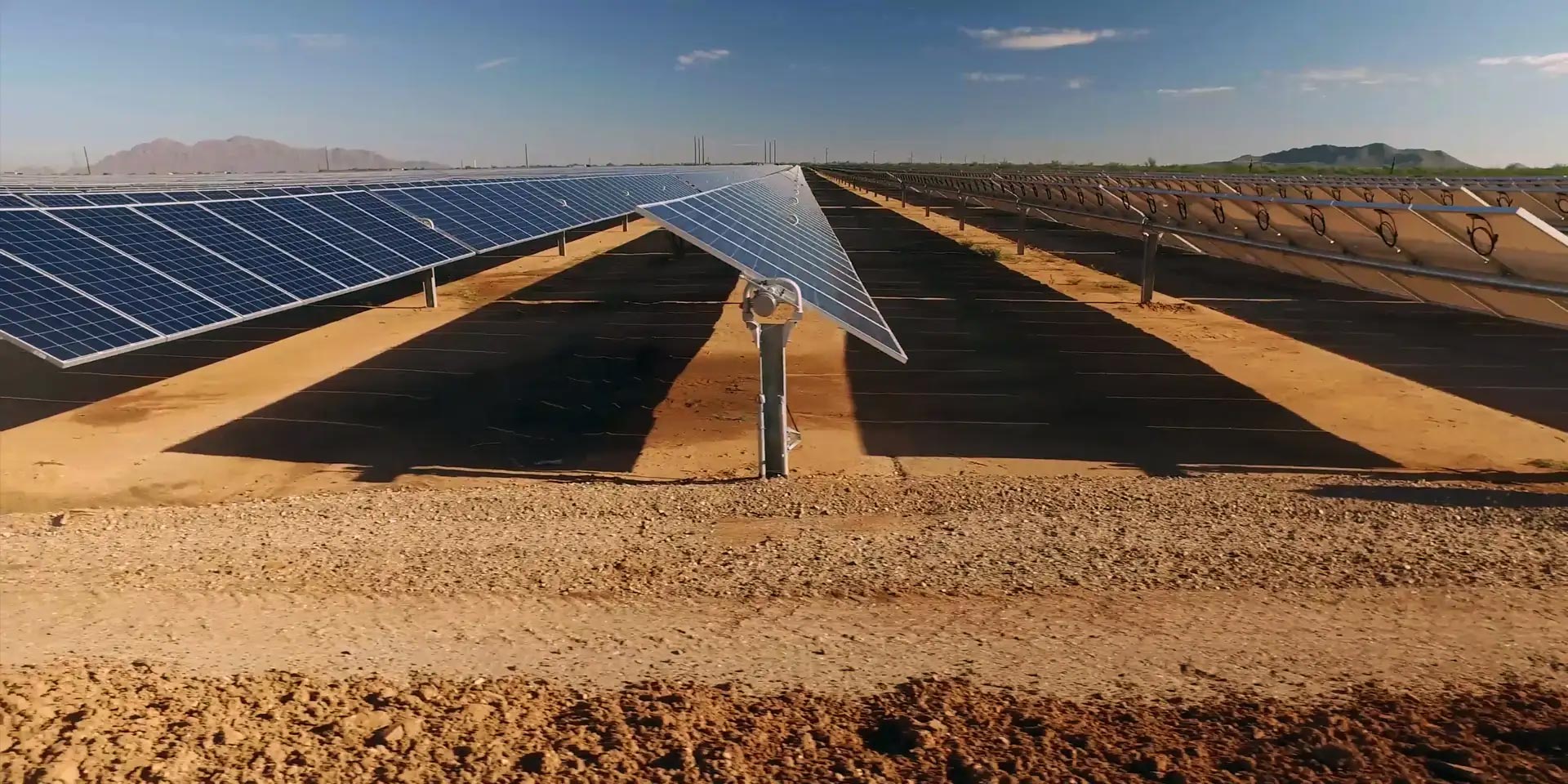Finance Sector & Emissions
AGL | CEF NEWSLETTER | China | CHINA MONTHLY ENERGY UPDATE | Coal/electricity/electrification | Critical minerals | CRITICAL MINERALS SERIES 2022-23 | Decarbonisation | Energy Crisis | Finance Sector & Emissions | Green Iron | Hydrogen | India & Adani | Nuclear | Podcasts | Solar | Submissions | Taxes & subsidies | US IRA/ NZIA et al |
REPORT | A Price on Carbon: Building Towards an Asian CBAM
A focus on the harmonisation and integration of carbon pricing mechanisms in Asia-Pacific for the steel, aluminium and cement value chains. Read more
CEF PRESENTATION | Tim speaks at CISL NED and BSP
The University of Cambridge Institute for Sustainability Leadership (CISL) hosted its annual series of programmes in Australia. These exclusive programmes are designed and delivered to equip Directors and Corporate Leaders with the knowledge and skills to drive sustainable transformation. This was held 2 – 5 March 2025, Mansion Hotel, Werribee Park, Melbourne. Tim speaks about the critical dependencies between resource use and industry, focusing on the opportunities for change. Read more
REPORT | GREEN CAPITAL TSUNAMI: China’s >$100 billion outbound cleantech investment since 2023 turbocharges global energy transition
CEF’s news report shows that a green capital tsunami of investments from China into cleantech around the world is speeding decarbonisation, but Australia, with its opaque foreign investment regime, is missing out, as investment hit a multidecade low last year, forgoing its massive opportunity to co-invest with China in clean energy-powered onshore value-adding, including green iron. Read more
PRESENTATION | Climate Investor Forum
Tim Buckley presents at the CIF and is asked what he’d do if he woke up as the Prime Minister, the election was called early and he could make one change to the Australian Government Read more
Green (Buildings) Wash?: Big banks’ ~$400bn sustainable finance target misses mark on driving enormous net zero opportunity by disproportionate allocation to minimally energy-efficient property asset class
The new analysis is the first to quantify and compare the capital allocations of the Big 4 banks to renewable energy and whole of economy decarbonisation. It reveals that only 7% of the Big 4 banks’ collective $385bn sustainable finance target (SFT) by 2030 is directed to financing renewable energy and hard to abate industries. The vast majority of their climate-related capital allocations – between 44% and 72% – channelled into the low hanging fruit of BAU ‘green buildings’ that meet minimum energy efficiency regulations. Read more
Super opportunity: Government review of YFYS Performance Test
Australia’s superannuation industry is on track for massive growth, projected to reach a staggering $13.6 trillion over the next twenty-four years. This shows the monumental significance of what our superfunds invest in, placing them at the heart of the nation’s financial landscape. According to a new report by Mercer, by 2048, the value of superannuation assets is expected to be 176% of Australia’s GDP, demonstrating its immense significance to the country’s economic well-being and direction. Read more
OP ED | Climate capital needs right policy settings to stem exodus
Last week’s announcement by AusSuper, Australia’s biggest super fund with over $300bn in assets under management, that it will dramatically upscale its investments offshore, including A$15.5bn into large-scale, long-term energy transition opportunities in the UK, should be a wake-up call to Australian energy policymakers. Read more
New report finds epic failure of credible, capital-allocated corporate transition planning
While national standards and guidance are typically designed to cover minimum requirements, internationally-accepted climate integrity principles are a much higher standard and should be the goal. Read more
CEF Position Statement on Treasury’s Climate-related Financial Disclosure Exposure Draft Legislation
Climate Energy Finance applauds the Government’s move to establish common disclosure requirements for climate-related financial risks and opportunities for Australian companies. We applaud the draft legislation’s focus on materiality, substance and speed, rather than delay and perfection. We would welcome additional measures to ensure disclosures are underpinned by the principles of information completeness, cross-sector comparability and integrity. Read more
REPORT | CEF’s activities and impacts report July-Dec 2023
A full overview of our work and impacts across our program areas for the 6 months July-Dec 2023 Read more
Coking coal is entering long-term terminal decline with finance beginning to shift to enable it
As the global economy transforms to mitigate the climate crisis, decarbonising the A$2.6Trn global iron and steel industry, and the inevitable transition away from coking coal, is on the horizon with global finance beginning to enable this. Australia is the world’s largest exporter of both iron ore and metallurgical coal (met coal). We provide 57% of the world’s iron ore (A$124bn FY23 revenue) and 52% of global metallurgical coal (A$61bn FY23 revenue) and are therefore massively trade exposed as the world belatedly moves to limit global warming to 1.5°C and low carbon steel making becomes a reality. Read more
VIDEO | ANZ FY2023 AGM
Financed emissions analyst, Nishtha Aggarwal, addresses the ANZ Board and Executive at the company’s FY2023 AGM. Read more

